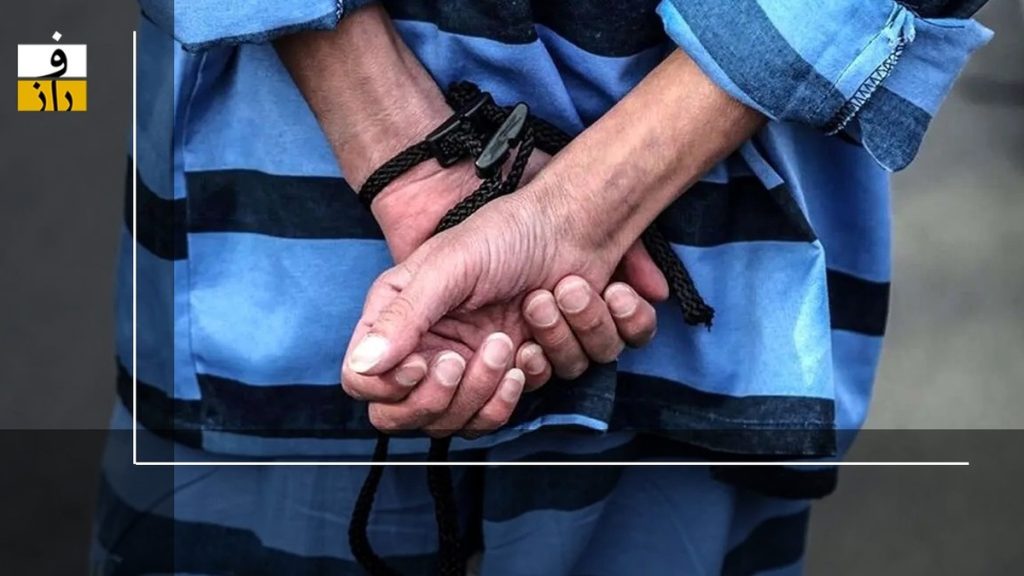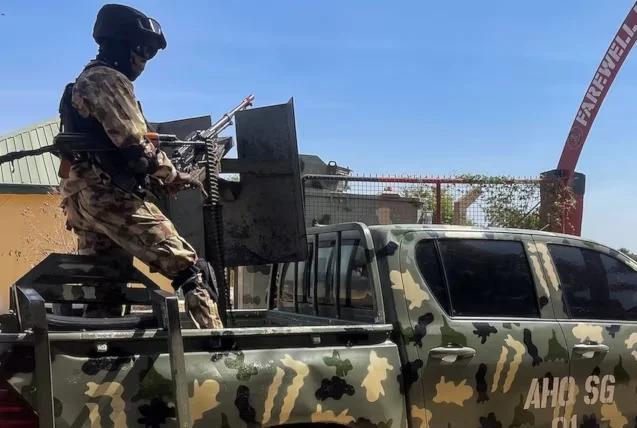
Title: Foreign Interference Uncovered: External Threats to Iran’s National Security
Rising Deportations Amid Security Concerns
Iran has seen a significant increase in the deportation of unauthorized foreign nationals, a trend that intensified following recent regional tensions. Reports indicate that over 80,000 individuals returned to Afghanistan within just 11 days, as confirmed by the Taliban’s foreign ministry. While deportation efforts had already escalated under the current administration, security officials have linked the surge to espionage and sabotage activities by certain foreign elements.
Iran’s Interior Minister has emphasized that some individuals entered the country in recent years with clear malicious intent. Intelligence sources further reveal that a substantial number of detained spies and saboteurs were foreign nationals, raising concerns about external interference in Iran’s internal security.
Media Distortions and Minor Sabotage Tactics
Despite evidence, some domestic and Persian-language media outlets have attempted to downplay the role of foreign nationals in security breaches. However, authorities stress the distinction between long-term legal residents—some of whom have lived in Iran for generations—and recent unauthorized arrivals with potential ties to hostile agendas.
In one case, two Afghan nationals detained in western Tehran confessed to gathering and sharing sensitive location data, including that of state media headquarters. While critics argue that such information is publicly accessible, security experts highlight that even minor disruptions—false emergency reports, small-scale arson—divert security resources, enabling larger covert operations.
Other incidents include the arrest of foreign students in possession of drone and bomb-making manuals, as well as three individuals in Pakdasht who admitted to planning explosive attacks near key locations.
NATO-Trained Mercenaries and Covert Threats
Beyond isolated sabotage attempts, intelligence reports suggest that some foreign nationals have played more strategic roles. Notably, former Afghan soldiers—trained by the U.S. and NATO—illegally entered Iran after the Taliban’s takeover. These individuals, once employed by foreign forces, now pose a potential security risk.
Interior Minister Ahmad Vahidi has warned that certain arrivals in recent years were specifically deployed to undermine Iran during heightened tensions. This aligns with earlier concerns raised by security analysts about the presence of foreign-backed operatives exploiting Iran’s hospitality.
Demographic Shifts and Border Security Challenges
Iran’s foreign national population has surged since 2021, with estimates ranging from 6 to over 10 million—including at least 4 million undocumented individuals. Nearly 3 million reside in Tehran alone, straining social and economic resources.
While legal residents contribute to society, the influx of unauthorized migrants—some exploiting subsidies in energy, healthcare, and food—has raised security and social stability concerns. Authorities stress that deportation measures must prioritize fairness, ensuring long-term legal residents are unaffected while preventing the re-entry of those expelled.
A Call for Comprehensive Security Measures
To counter these threats, Iran is tightening border controls and cracking down on employers who exploit undocumented labor. Officials emphasize that while foreign interference exists, responses must remain lawful and targeted, avoiding broad stigmatization of migrant communities.
As Iran continues to safeguard its national security, the focus remains on dismantling hostile networks while upholding humanitarian principles for those who respect the nation’s laws.


